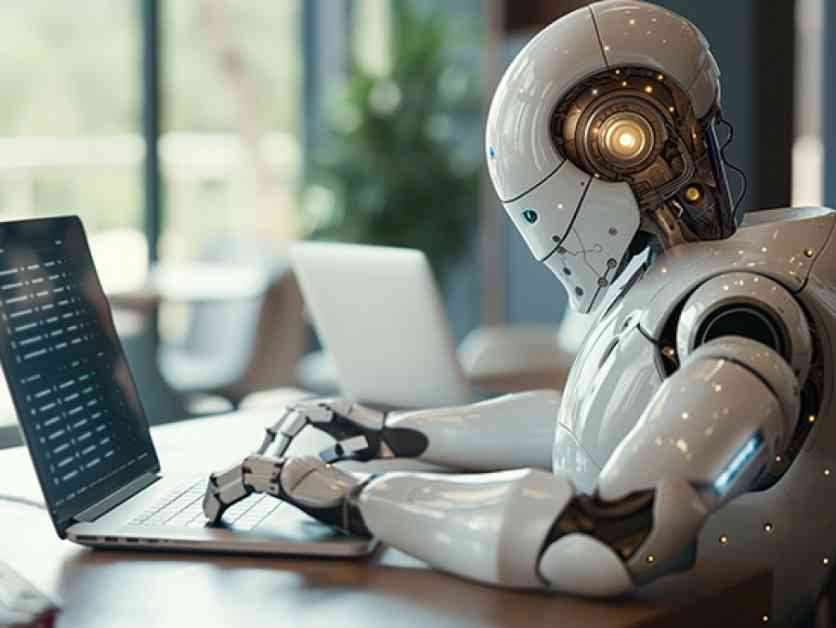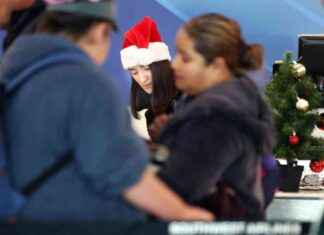The Impact of AI on Human Creativity: A Philosophical Perspective
Artificial Intelligence (AI) has been making significant advancements in recent years, leading to claims of increased creativity and collaboration by new AI models. However, Lindsay Brainard, Ph.D., an assistant professor in the University of Alabama at Birmingham’s Department of Philosophy, believes that AI still falls short when it comes to human creativity.
In her research on the philosophy of creativity, Brainard questions whether these AI models can truly be considered creative. While AI may have the ability to generate new and valuable things, she argues that a crucial aspect of creativity is curiosity – something that current AI models lack. As a result, Brainard believes that human creativity is safe from being replaced by AI, at least for now.
Brainard’s work challenges the notion that AI could make human creativity in the arts and sciences obsolete. She remains optimistic, suggesting that today’s AI models do not meet the necessary conditions for true creativity. In her upcoming papers, Brainard plans to delve deeper into the value of human creativity and whether efforts should still be made to foster creativity in students and children.
Teaming up with colleague Joshua May, Ph.D., a philosophy professor at UAB, Brainard is at the forefront of conducting philosophical investigations into the ethics of AI. Together, they are developing a new class on this topic, set to launch in spring 2025. Despite the advancements in AI, Brainard maintains that AI cannot fully substitute human creativity.
Looking ahead, Brainard aims to highlight the unique aspects of human creativity that AI cannot replicate. She points out that AI has yet to achieve originality, a specific form of self-cultivation, connectedness, and imagination, all of which are essential components of human creativity. As the debate around AI and human creativity continues, Brainard’s insights shed light on the distinct value that human creativity brings to the table.







